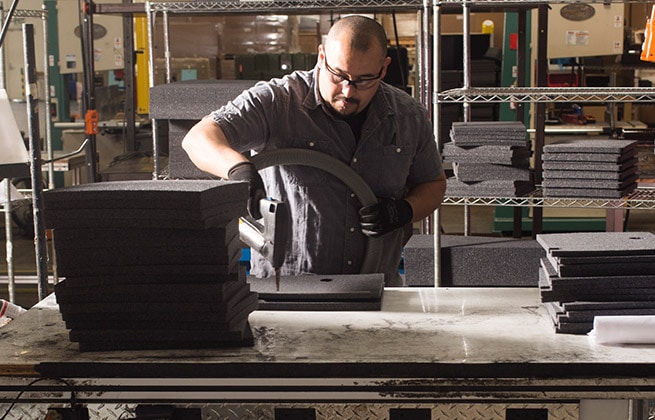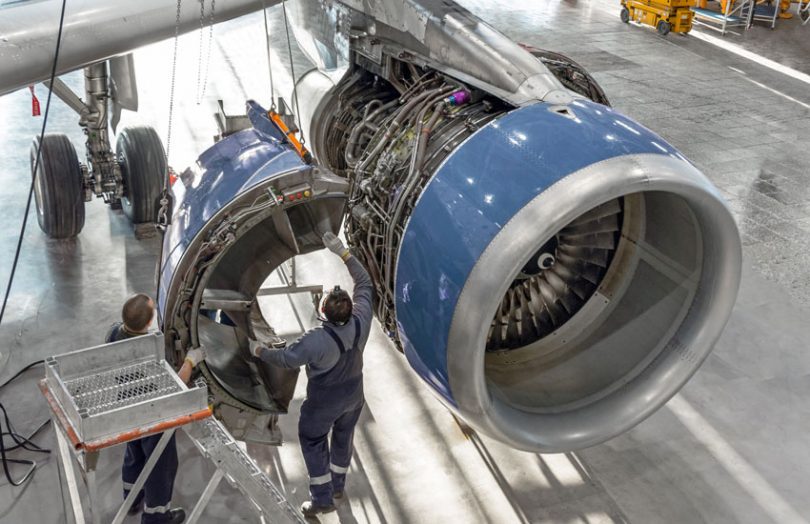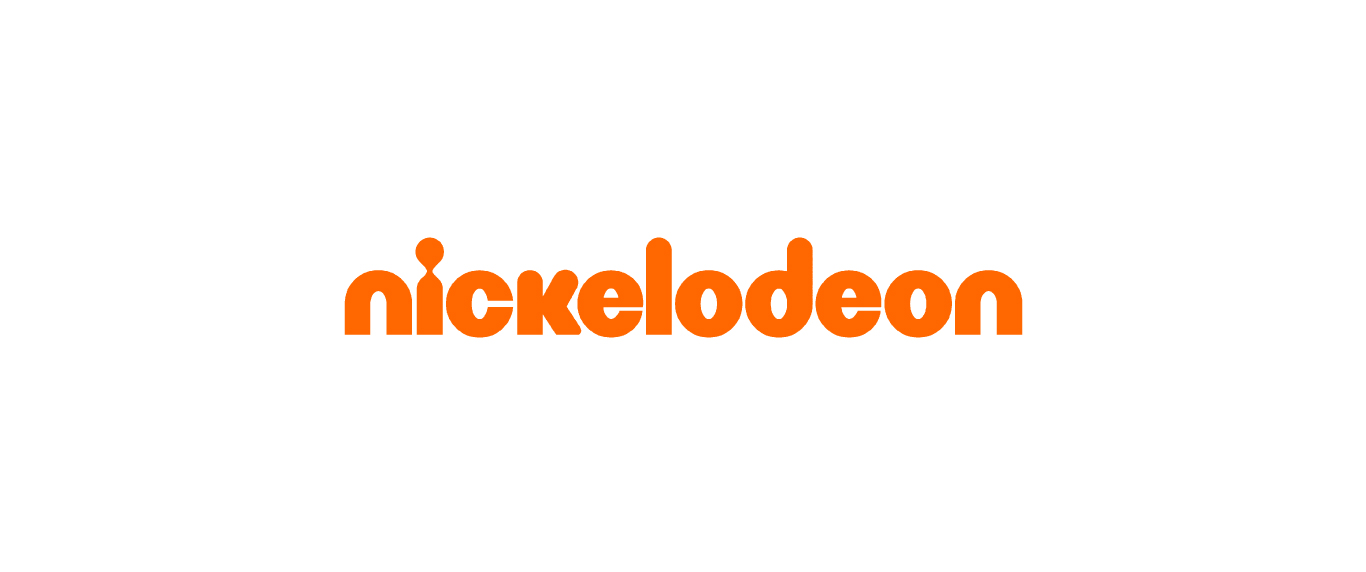A lot goes into building custom cases, especially when you manufacture them for clients in more than fourteen industries! If there’s one thing we’ve learned over the last several years, it’s that everything is interesting if you dig a little deeper. So dig in and learn a little bit more about what a custom cases manufacturer really does.
We work with some great clients and partners
Things are never boring around Custom Case Group’s two facilities (we have one in California and another in Illinois). We attribute this lack of boredom to two things: We really enjoy what we do, and we work with some incredibly interesting clients, like Microsoft, Boeing, Fujitsu, and the U.S. military. We also get to interact regularly with partners we pretty much consider friends, including Pelican Products, Zarges, Wilson Case, Parker Plastics, Anvil Cases and SmartPak.
We get to problem solve all day long
Problem solving, after all, is what engineers love to do. When a customer approaches us to design a custom case, it’s typically because they’ve got something very expensive, strangely shaped, significantly large, highly volatile, or incredibly sensitive to protect during shipment or everyday transport. And most of the time, these kinds of items come to us with a host of specifications and standards to meet. That’s why we follow the ISO 19011:2011 and SAE AS9101D under the quality management system AS9120A, which is a complicated way of saying we know how to build cases that pass just about any quality and/or safety test.
We get to use really cool tools, machines, and materials
We’ll let you in on a little secret: Cool tools and machines are why engineers become engineers. At Custom Case Group, they’re also the reason why we can make custom cases that safely cradle just about anything. Let us tell you about a few of our favorite processes, machines, and materials.
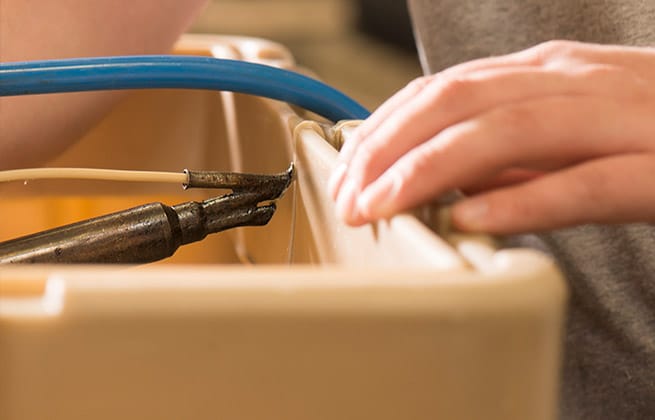
Specialized foams
Foam is an amazing material. In fact, it’s our silver bullet for building the best custom case interiors in the industry. We work with several types, and each has its own special features that make it perfect for different applications. For example, 1.7 polylam is a dense foam produced with layering technology, which gives it unique cushioning characteristics. Convoluted foam (egg crate foam) is one of the most common lid foams used in injection molded cases. We even use specialized anti-static foams specifically designed to protect heavier and lighter electronic items. Like anti-static foams, expanded polyethylene (EPE) foam is built for high performance but also works great in the creation of embedded visual designs within other foam materials.
Foam cutting and fabricating
CCG’s engineers use all kinds of foam-fabricating equipment to create the intricate configurations our clients need. Water jet cutting is one of our favorite processes, because it’s just plain interesting. Our large-scale water jet foam cutter emits a high pressure stream of water that cuts precise shapes ideal for either large or complex foam pieces. Die-cutting is a very cost-effective method (especially at larger quantities) that incorporates a range of die presses to achieve a detailed finished product. We also operate 4-axis CNC foam routing machines that use high speed rotary cutters to remove foam material. The machines take their orders directly from a CAD program, which allows them to deliver unmatched precision. This also makes the CNC method perfect for one-off production and prototyping.
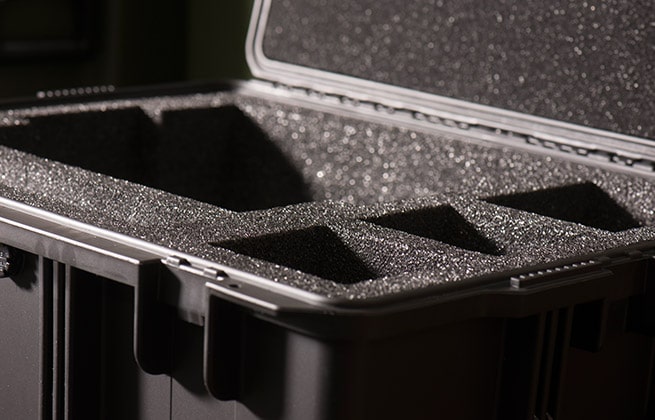
Exterior case materials and other customizations
CCG’s design staff uses all kinds of materials and methods to create the perfect custom cases. Rotational, injection, and blow molding, as well as formed aluminum and plywood fabrication are just a handful of the options we get to choose from when faced with a new project. We even get to create cases that are machines all their own, with features like cooling fans, exterior electronic ports, and internal pressurization.
When it comes to custom cases, the sky really is the limit at CCG. Whether it’s for the aerospace, military, drone/UAV, medical, or any other industries, around here, a box is definitely not “just a box.”
Why stop learning now? Check out this article series on the materials used in the manufacture of custom cases:
Materials Matter Part 1—Plastics: 5 Tactics Behind Plastics For Custom Cases
Materials Matter Part 2—The Magical Metal For Custom Cases
Materials Matter Part 3—Wood/Composite Cases: An Old Standby
